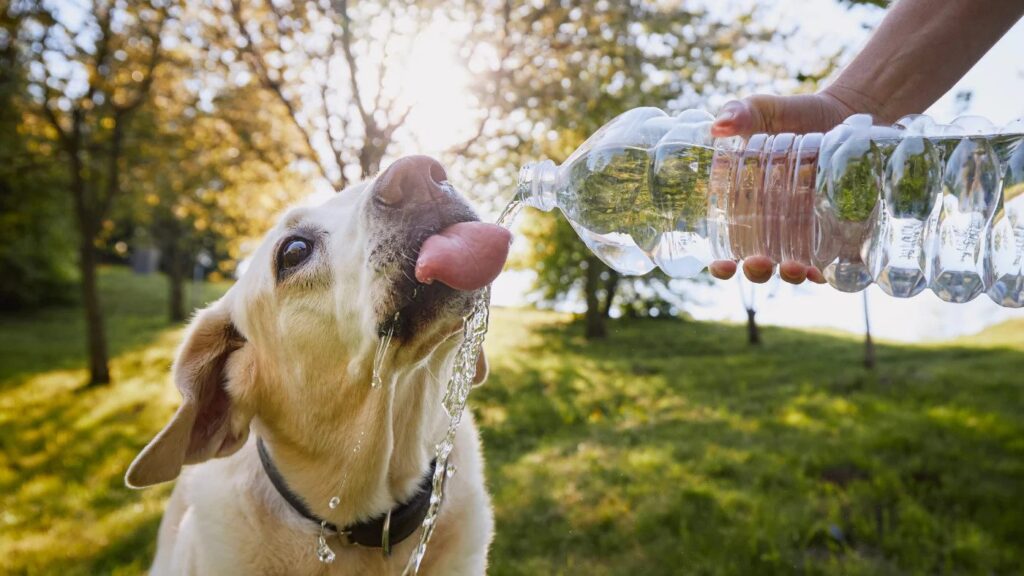Unleashing the Importance of Hydration: How Much Water Does Your Pet Really Need?
Introduction
Water is an essential component of life, not just for humans but for our furry friends as well. Proper hydration is crucial for maintaining a pet’s overall health and well-being. As responsible pet owners, it is our duty to ensure that our pets have access to clean and fresh water at all times. But do we really know how much water our pets need? In this article, we will explore the importance of hydration for pets and provide insights into the amount of water they require.
The Importance of Hydration for Pets
Just like humans, animals rely on water to regulate their body temperature, aid digestion, transport nutrients, lubricate joints, and eliminate waste. Without adequate water intake, pets can experience dehydration, which can lead to various health issues.
Dehydration in pets may result in symptoms such as dry gums, loss of skin elasticity, sunken eyes, lethargy, loss of appetite, and urine concentration. Severe dehydration can even be life-threatening. Thus, it is crucial to provide pets with proper hydration to ensure their well-being.
How Much Water Does Your Pet Need?
The amount of water your pet needs can vary based on several factors, including their species, size, activity level, and the environmental conditions they are exposed to. As a general guideline, it is recommended to provide the following amount of water per day:
-
- Dogs: On average, dogs require 1 ounce of water per pound of body weight. So, for example, if you have a 20-pound dog, they would need approximately 20 ounces of water per day.
-
- Cats: Cats generally need about 3.5-4.5 ounces of water per 5 pounds of body weight. For a 10-pound cat, this would amount to approximately 7-9 ounces of water per day.
-
- Small mammals: Small mammals such as rabbits, guinea pigs, and hamsters usually get sufficient hydration from their diet. However, it is still important to provide them with fresh water daily.
-
- Birds: Birds need access to water for drinking and bathing. Ensure that your feathered friend has a clean water source that is easily accessible at all times.
Frequently Asked Questions (FAQs)
Q: How can I ensure that my pet stays hydrated?
A: The best way to ensure proper hydration is to provide your pet with fresh and clean water at all times. Keep their water bowl or container clean and replenish it regularly. If you have multiple pets, make sure each of them has easy access to water.
Q: Are there any signs that my pet may be dehydrated?
A: Yes, some common signs of dehydration in pets include lethargy, loss of appetite, dry mouth and nose, sunken eyes, and decreased skin elasticity. If you observe any of these signs, it is important to seek veterinary attention.
Q: Can I use flavored water or other beverages to hydrate my pet?
A: It is generally recommended to provide plain, clean water to your pet. Flavored water or other beverages may contain additives or sugars that can be harmful to your pet’s health. Stick to fresh drinking water to ensure their well-being.
Conclusion
Proper hydration plays a vital role in maintaining your pet’s health and preventing various medical conditions. Understanding the importance of water intake and providing an adequate amount of fresh water can contribute to the well-being and longevity of your beloved pet. Remember to monitor their water consumption and seek veterinary advice if you notice any signs of dehydration. By prioritizing hydration, you are taking an essential step towards keeping your pet happy and healthy.

